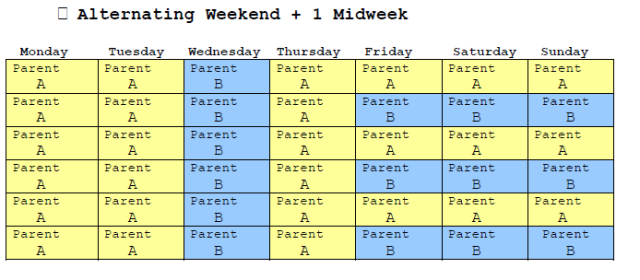When Will I Get to See My Children?
Has your spouse petitioned for divorce and is now keeping your children from you? If so, you are likely wondering when you will get to see your children. There are several scenarios that could affect when you will be able to see your children.
Traditional Litigation Approaches
If your spouse simply refuses to allow you to see your children, and there is not yet a court order in place governing when each parent has time with the children, you may have to wait a few months before you see them. Of course, you have just as much right to your children as your spouse. But if your spouse is refusing you access, it likely isn’t in your children’s best interests to force the issue and cause an altercation. Depending on your situation, you may need to move for an emergency hearing to have the judge decide temporary timesharing as expeditiously as possible. Even in situations where a parent is denying the other parent access, a judge may require that parties mediate before allowing a temporary relief hearing to be set.




